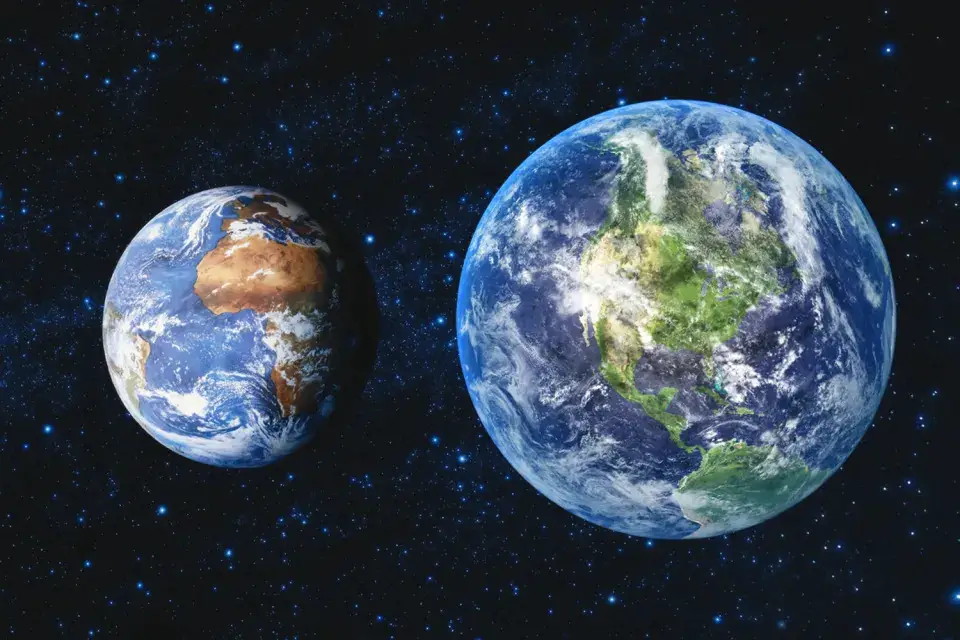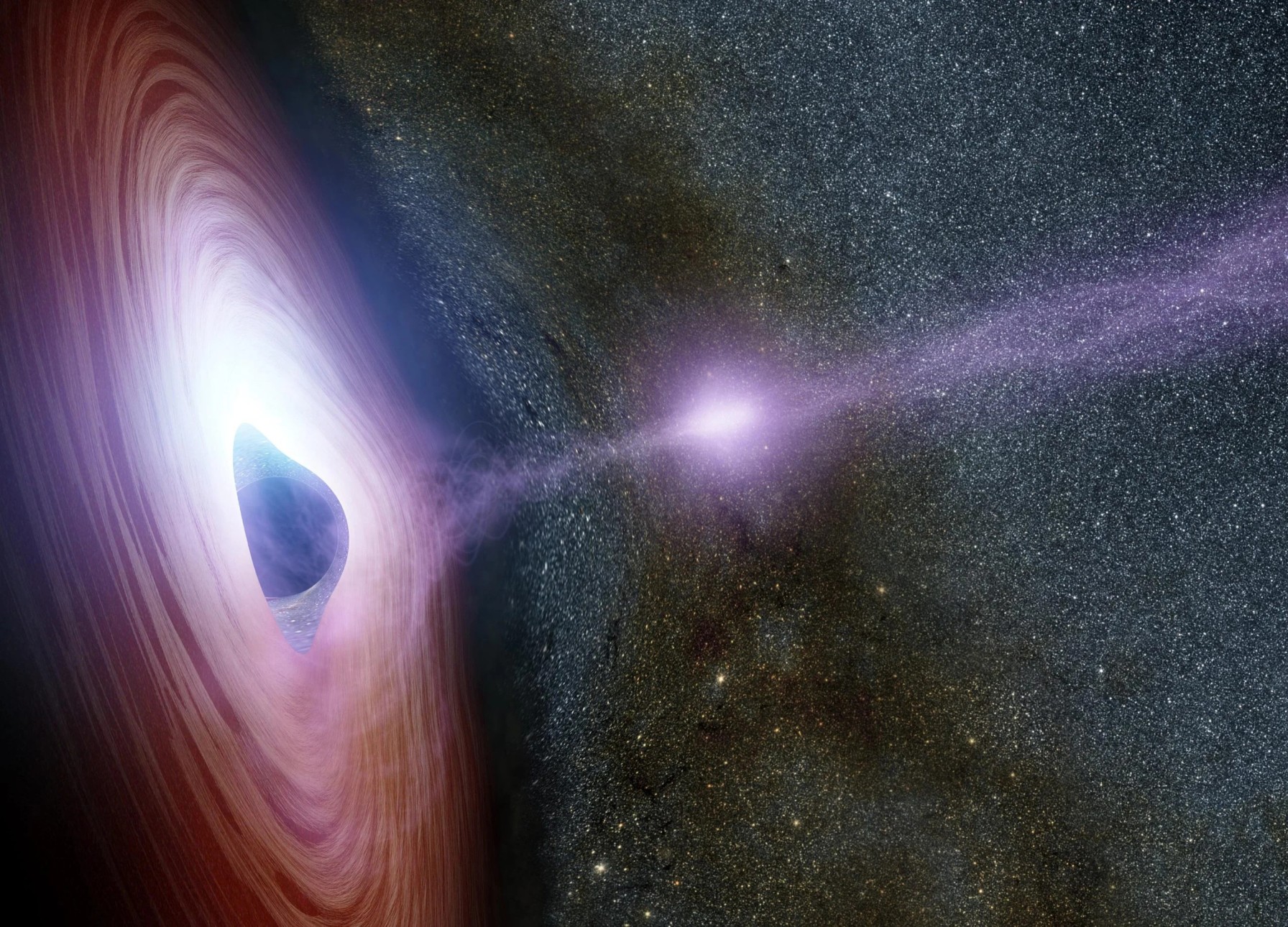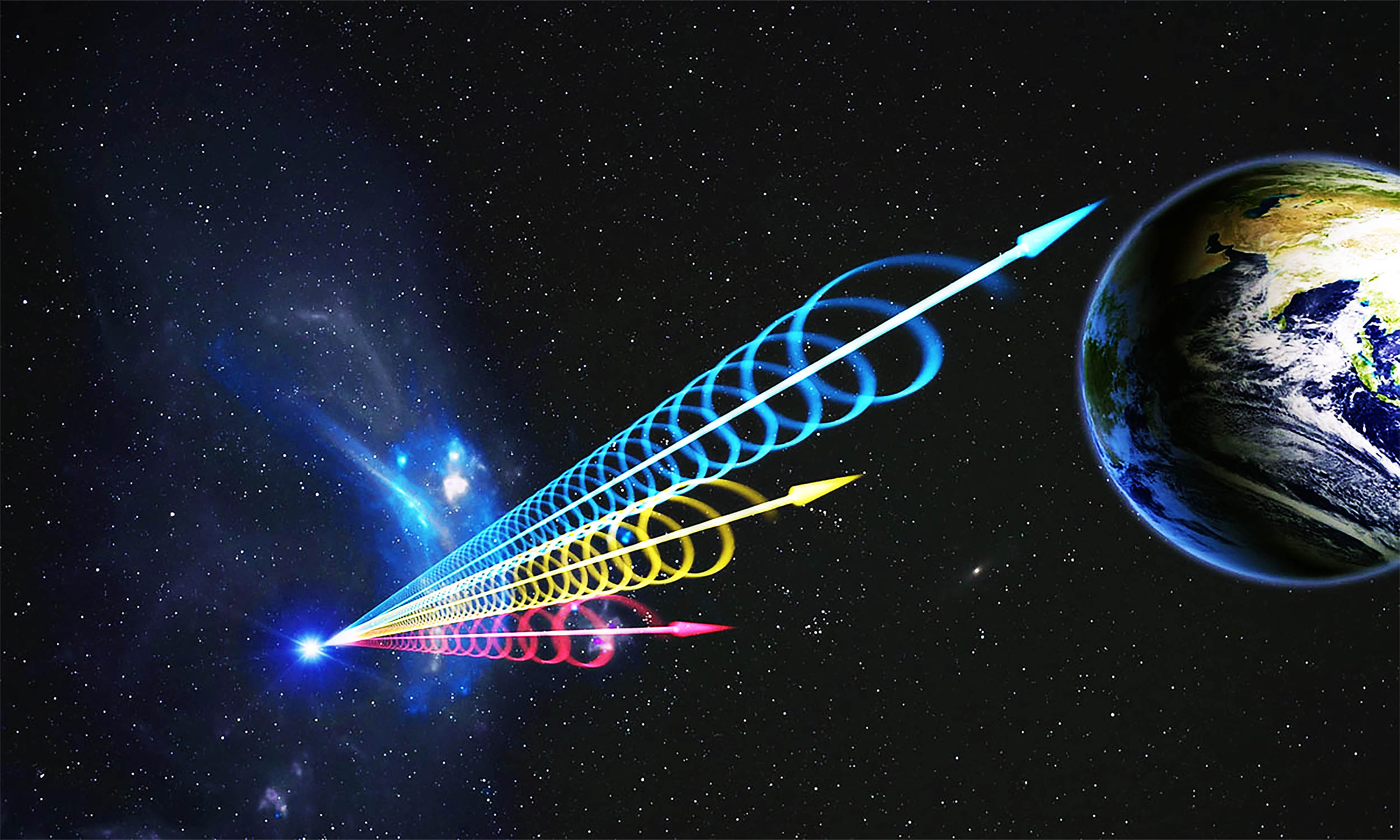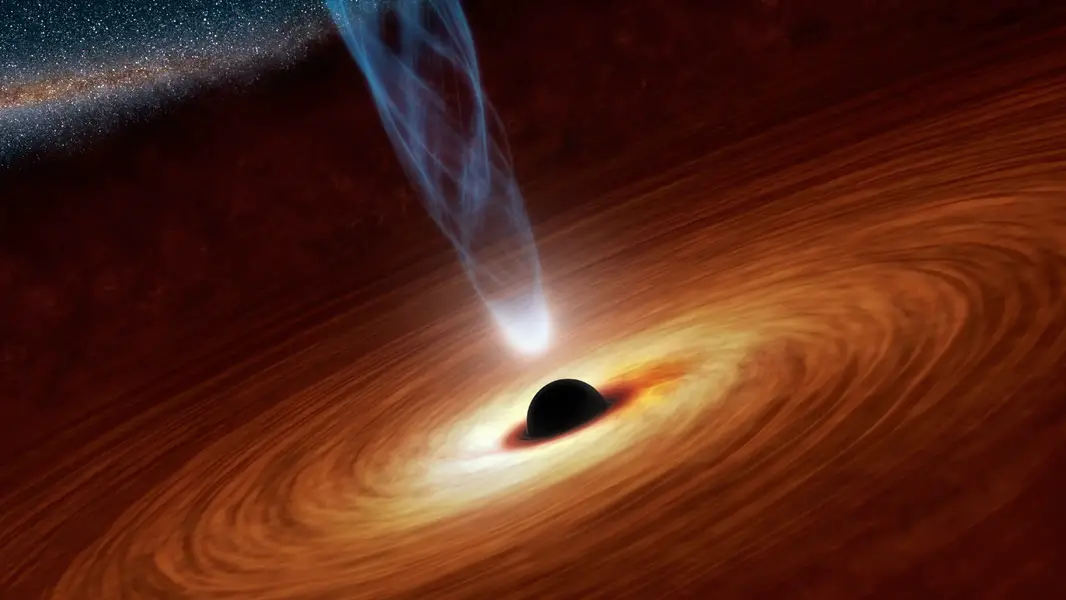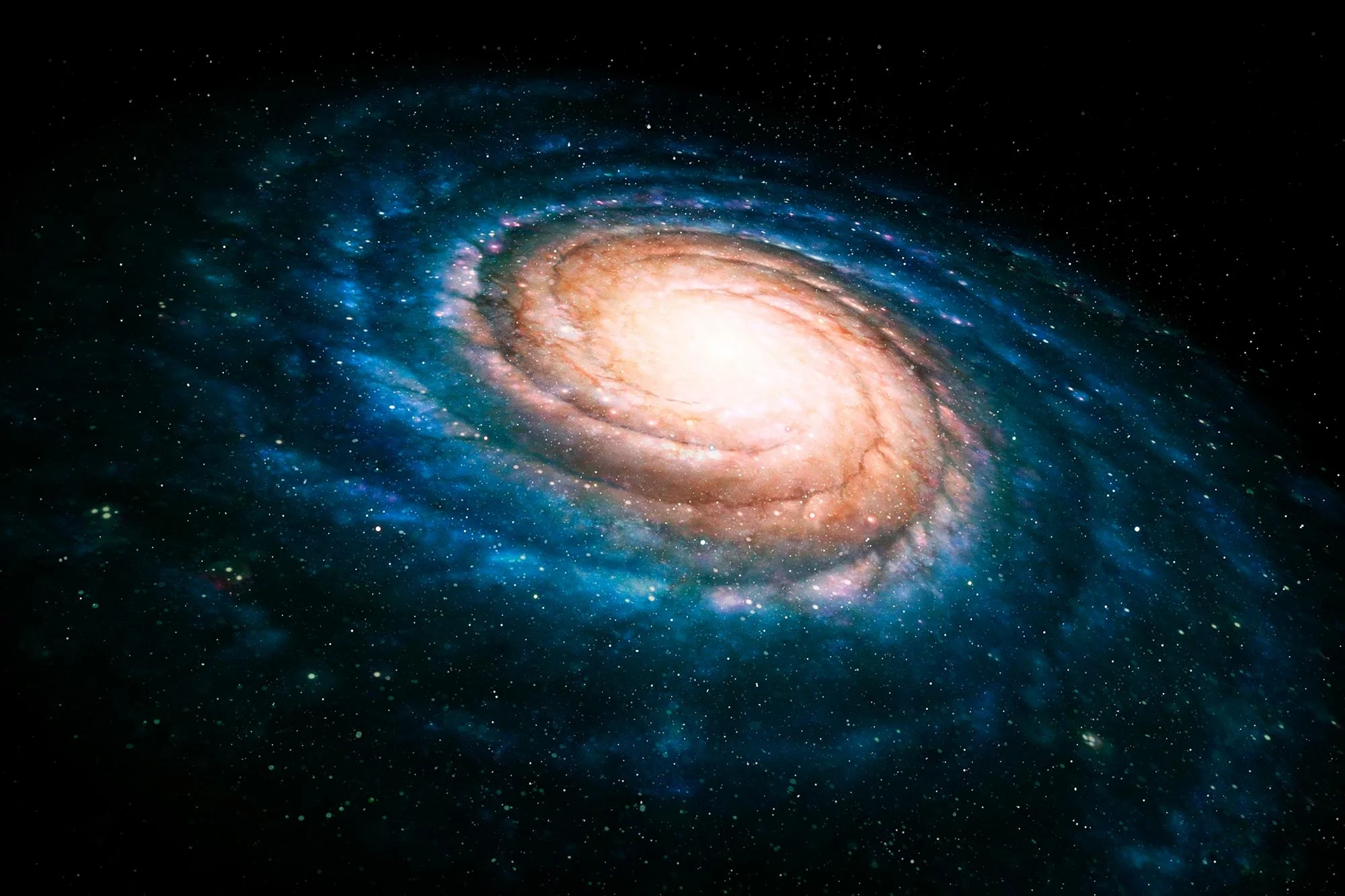The oceans on Kepler-138c and d could be at least 500 times deeper than Earth’s.
Key Takeaways
- Two exoplanets, Kepler-138c and Kepler-138d, might be water-dominated worlds with vast oceans.
- These planets are located 218 light-years away, orbiting the red dwarf star Kepler-138.
- Their density suggests they are primarily water-based, unlike rocky planets like Earth.
- These “water worlds” could have conditions of high-pressure liquid water or steam atmospheres.
- The findings support theories about diverse planetary compositions in our galaxy.
___________
Astronomers using the Hubble Space Telescope have identified two exoplanets, Kepler-138c and Kepler-138d, that are likely composed largely of water. These planets, which orbit the red dwarf star Kepler-138, were initially discovered in 2014 by NASA’s Kepler Space Observatory. Recent analysis using Hubble has revealed that their densities are too low to be purely rocky, leading researchers to conclude they are “true water worlds.”
Located 218 light-years away in the constellation Lyra, these planets are slightly larger than Earth, with volumes three times greater and masses twice as much. Unlike any planets in our Solar System, their global oceans may reach depths of up to 1,000 miles, dwarfing Earth’s average ocean depth of just a few miles. The research team, led by Caroline Piaulet from the Trottier Institute for Research on Exoplanets at the University of Montreal, published their findings in Nature Astronomy.
 Image shows a cross-section of the Earth (left) and the exoplanet Kepler-138 d (right), undated photo. Astronomers from the University of Montreal, in Quebec, Canada, found out that two exoplanets may be mostly water. (Benoit Gougeon, University of Montreal/Newsflash)
Image shows a cross-section of the Earth (left) and the exoplanet Kepler-138 d (right), undated photo. Astronomers from the University of Montreal, in Quebec, Canada, found out that two exoplanets may be mostly water. (Benoit Gougeon, University of Montreal/Newsflash)
A New Perspective on Exoplanets
The discovery of these water-dominated exoplanets challenges the earlier assumption that super-Earth-sized planets were merely scaled-up versions of our planet. As Bjorn Benneke, a co-author of the study, explained, Kepler-138c and d are fundamentally different, likely consisting of thick layers of water surrounding rocky cores. This makes them more similar to icy moons like Europa and Enceladus in our Solar System, but on a much larger scale.
 Researcher Bjoern Benneke poses in undated photo. His team of astronomers from the University of Montreal, in Quebec, Canada, found out that two exoplanets may be mostly water. (Bjoern Benneke/Newsflash)
Researcher Bjoern Benneke poses in undated photo. His team of astronomers from the University of Montreal, in Quebec, Canada, found out that two exoplanets may be mostly water. (Bjoern Benneke/Newsflash)
However, these planets may not feature Earth-like surface oceans. Instead, Kepler-138d could have a dense atmosphere of water vapor due to high temperatures that exceed water’s boiling point. Beneath this atmosphere, liquid water may exist under extreme pressure, or water could even be in a supercritical state, where it behaves as both a liquid and gas.
Implications for Astronomy
The findings offer the best evidence yet for the existence of water worlds, a type of planet long theorized but rarely observed. The planets’ low densities, combined with their proximity to a relatively dim star, provide astronomers with a unique opportunity to study the potential for such worlds in other star systems.
NASA highlighted that, as observational techniques improve, researchers may discover many more planets like these, further expanding our understanding of planetary diversity in the galaxy. The discovery also reinforces the importance of red dwarf stars as hosts for intriguing and potentially habitable planets.
Looking Ahead
The potential for liquid water, even in extreme conditions, makes these planets key targets for future study. By deepening our understanding of their composition and atmospheric conditions, astronomers hope to unravel more secrets about the types of planets that exist in our universe.

